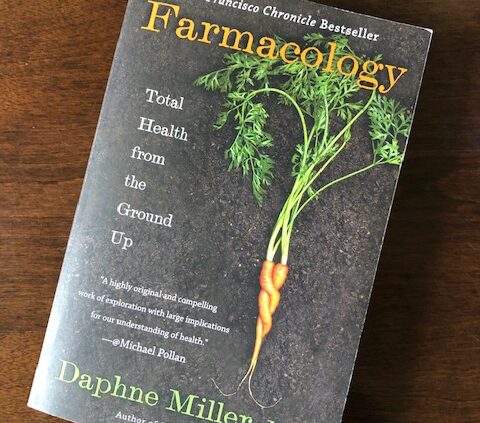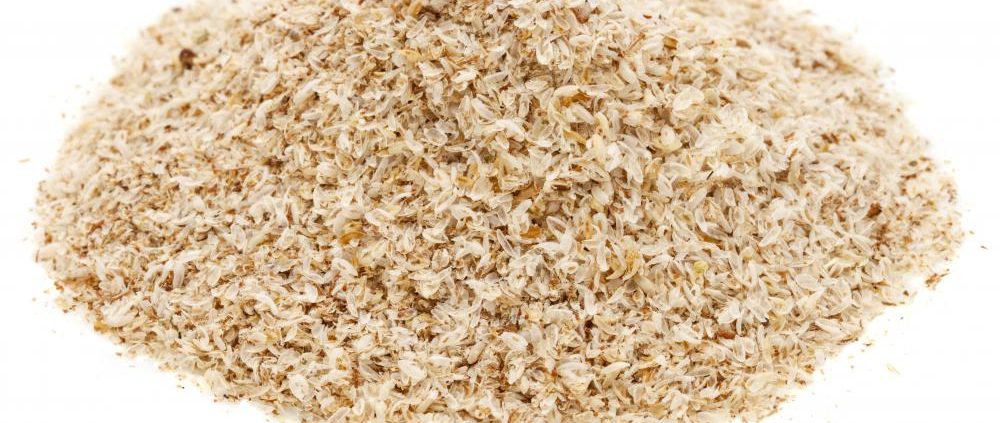Farmacology – Farm as Medicine
At the risk of sounding like I’m writing a review, I feel compelled to share a bit about a book I’m devouring these days that I believe anyone interested in studying various approaches to cultivating health would find stimulating: Farmacology: Total Health from the Ground Up by Daphne Miller, M.D..
My attraction to this book lies in how beautifully it bridges the connection between farming and health – a connection often ignored or overlooked. Personally, it perfectly links my devotion to local, farm-fresh foods with my background and passion for nutrition. From the first chapter, I was struck by the wisdom the author learns from the farmers she meets on her journey and how it mirrors my own experience gaining insights into nutrition from the farmers I’ve interviewed throughout the years, seeking to understand how they farm for health. In fact, much of what I have learned about nutrition since graduating from the Institute for Integrative Nutrition has come from farmers – not formal teachers.
The author, a practicing physician, explores what farming can teach us about nurturing ourselves and presents the idea of “farm as medicine,” a concept I’d love to see gain widespread traction. As she travels to various family farms around the country, she seeks to discover the hidden connections between how food is grown and raised and the link to our health, asking questions like, “Are there connections between soil microbes and those in our bodies?” and “Why does a dirty farm offer protection from allergies while a dirty urban apartment does not?”
As Dr. Miller tells stories and shares insights from the farms she visits, she also introduces the reader to one of her most challenging and mysterious patients, Allie, who struggles with a laundry list of health concerns nobody can resolve: chronic bloating, allergies, weight gain, premature aging, and extreme fatigue. Allie never experienced a dramatic illness or accident; instead her symptoms started out low grade and mushroomed. By the time she found Dr. Miller, Allie had reached a point where simply getting out of bed each morning felt challenging. High-dose supplementation, energy bars, and sophisticated testing from various medical specialists hadn’t been helpful.
As Dr. Miller gleans as much knowledge as she can from each farmer she meets, she approaches Allie with a radical idea (especially for a physician): would Allie be willing to “join a farm cycle?” When Allie agrees, essentially Dr. Miller prescribes the following:
- Choose farm-fresh food: shop at farmers markets and join a CSA to ensure consuming the freshest, most nutrient-dense food possible.
- Eat for biodiversity: to save the plant-loving microbiota (a community of beneficial bacteria, protists, fungi, and more) in her gut from extinction, eat a diverse assortment of local grains, vegetables, and fruits.
- Eat dirt and bugs: not literally! Simply don’t be too obsessive about cleaning farm-fresh produce, knowing that micro traces of healthy soil clinging to food carries healthy bacteria and minerals.
- Engage in farm love: seek out opportunities to engage with a community garden or farm, which offer natural opportunities for physical activity, increase the chances for interpersonal connection, and have anti-depressant effects, according to research.
Definitely not your typical doctor’s office prescription, yet four months later Allie was feeling better than she had felt in years and her labs finally came back normal.
Dr. Miller writes, “…it is fair to say that most of us in the medical profession are just starting to grapple with what it means to take a “whole system” approach to health and healing. Agriculture, meanwhile, has been considering this question for decades. From my perspective, there are many reasons why agriculture is ahead of medicine when it comes to weblike thinking, starting with the simple fact that farming, even at its most technological, has never completely turned its back on nature.”
In closing, I would love to see us move beyond the well-accepted “food as medicine” mantra and adopt a richer “farm as medicine” philosophy. I have no doubt that farmacology has the potential to gently guide us back to a natural state of health. So, how soon can you get your petudie to a farmers market?
xo,
Claudine



Follow